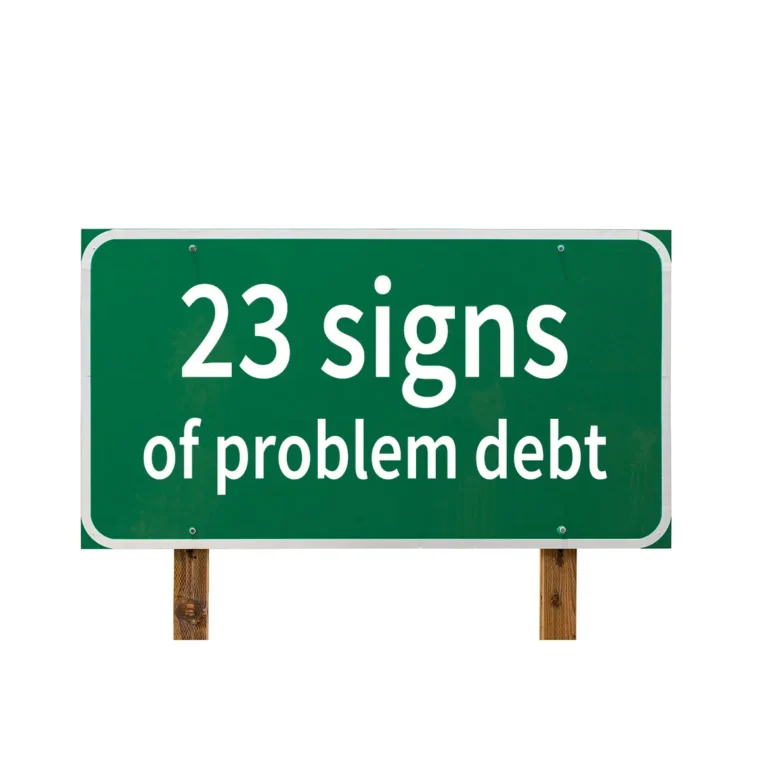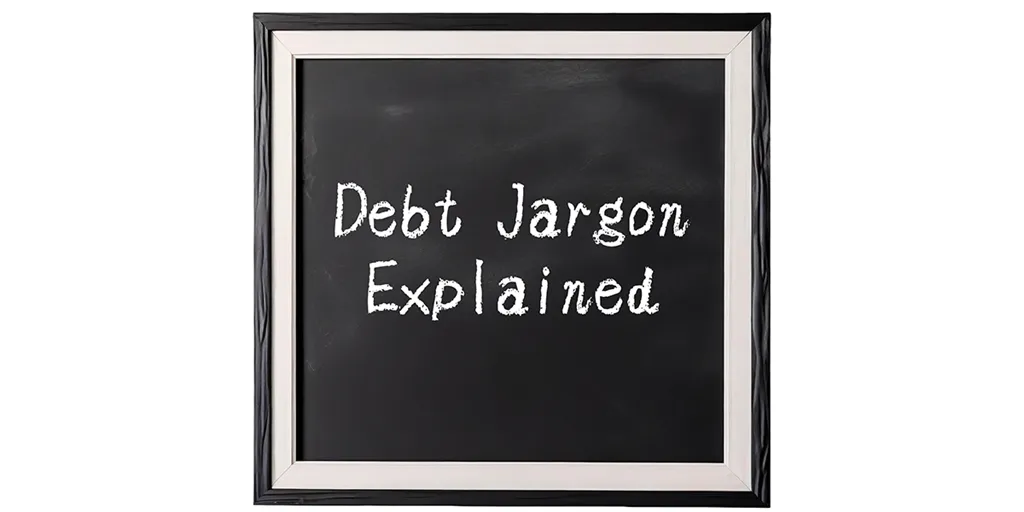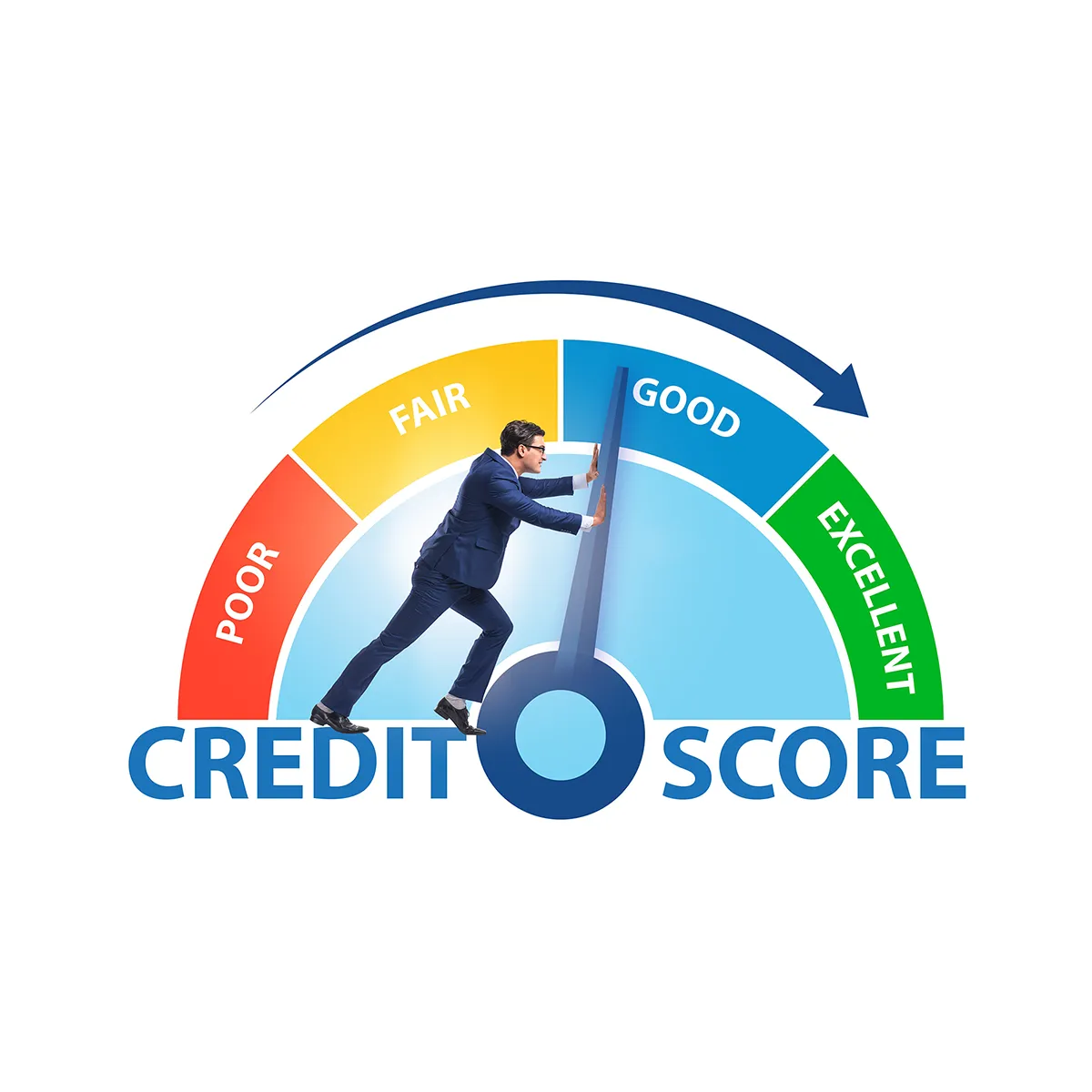Time to read – 7 mins 5 seconds
If you are in debt and need help, our team of friendly advisers are on hand to help. Use our qualification checker or call us now for a no-obligation, confidential conversation on 0141 648 4320.
1. You are switching debt between different credit cards.
Balance transfers can be useful in the short term to pay off debt with little or no interest. But if you find yourself having to transfer the balance again at the end of the low interest period, there is a good chance your debts are becoming unmanageable. Take control now and seek advice to get out of the debt recycling loop before things get worse.
2. You are consistently borrowing from loved ones.
If you consistently need to borrow from others to make ends meet, this is a strong indicator that your current financial situation is not sustainable.
3. You rely on pay day loans to get through the month.
Payday loans may seem like a good idea at the time to get you out of a hole, but the high interest they often charge requires you to repay a lot more than you borrowed. The short-term “fix” often causes a longer-term problem. The more you’re repaying to loans, the less you can afford for day-to-day costs and this can quickly spiral out of control.
4. You are missing payments.
We can all forget about a payment from time to time, but if it is becoming regular and down to more than just forgetfulness, you should start looking into your financial situation.
5. You do not have any savings.
If you find that every month you can’t afford to put anything by for a rainy day, then you need to look closely at what you are spending. If debt repayments make up a sizeable chunk of your monthly expenditure, you need to look at ways you can reduce those debt costs. That means seeking help from a firm like Cleanslate.
6. You use savings to pay the bills.
If you do have some savings, but you find yourself consistently dipping into them to keep up with your bills, this is an early warning sign. Savings will not last forever, get ahead of your debt before your situation worsens.
7. Your credit cards balances are consistently rising or have reach their limits.
Keeping your credit card balances below 25% of their limit shows lenders that you are managing your lines of credit and gives confidence that your debt is under control. Credit / store cards at or near max limits are usually a sign that your finances are stretched beyond a manageable level.
8. You were rejected for credit recently.
If you are rejected for credit, this sometimes means the lender thought you showed signs of being unable to afford extra debt repayments, and as such are at the limits of your affordability.
9. Your lenders have had to chase you for payment.
As debts become overwhelming it is common for payments to start slipping. If you regularly miss payments and your creditors need to chase you for them, now is the time to reach out for help and advice before your lenders take legal action to recover the debt owed.
10. Your cards are being rejected at the till.
It can happen easily; an unexpected payment comes off and an embarrassing moment occurs. However, if this starts happening frequently, it is a potential sign you do not have a strong grip on your finances.
11. You are afraid to look at your bills.
Debt can be a scary concept, and it is perfectly normal to feel increasingly anxious as the bills pile up. If it is reaching the point where you are afraid to even look at your bills, you should consider getting help.
12. Your debt is affecting your relationships.
Debt can affect your mental health. At Cleanslate we regularly hear of the stress, sleepless nights, and anxiety caused by problem debt. It is only a small step from there to it also affecting those around you. If you are at this point, help is available from debt advice agencies.
13. You have had to opt out of pension plans because you need the income now.
One of the most common phrases we hear from our clients is “robbing Peter to pay Paul” and this is the perfect example. If maintaining your debt repayments means you cannot save for your retirement, those debt repayments are no longer manageable.
14. You have arranged an informal repayment plan with a lender.
If you have already reached the point where you need to negotiate with your creditors to make reduced payments, then your debt is already unaffordable. Whilst an informal plan can be helpful in the short term, you may be able to get much greater peace of mind with the Debt Arrangement Scheme where interest and charges are frozen for the duration of the plan and help and support is available if your circumstances change during the plan.
15. You can only afford to pay back the minimum amounts on your credit and store cards.
In an ideal world, you should always aim to pay your cards off in full each month to prevent any interest charges. However, the reality of course is that’s not always possible. If you can only afford to pay the minimum amount each month, you’re likely to be caught in a persistent debt cycle.
If you only ever pay the minimum each month, the time and cost to repay the balance owed on a credit or store card can be staggering. For example, if you owe £3,000 on a credit card and only pay the minimum repayment each month (let’s assume the APR is 18.9% and minimum repayments are either 2.5% of the balance owed or £25, whichever is higher), it will take 13.5 years to repay the debt and will cost an additional £3,191 in interest. And of course, that’s assuming no further usage of the credit card throughout that entire period.
16. You commonly use or rely on cash advances.
A cash advance or withdrawal from a credit card may seem useful when money is tight, but if needed commonly it is a sign that your finances are in trouble. What is worse, many lenders charge significant fees for cash withdrawals and as such, each withdrawal increases your debt even more.
17. You have lied to others about your debt.
If you feel the need to lie to others about your debt out of embarrassment, then this is a strong sign that your debt is becoming a problem.
18. You are losing sleep from debt stress.
One of the most common things we hear about from our clients is the impact debt has on their sleep. If your debt is at the point where it is affecting both your mental and physical health, it is time to start exploring your options.
19. You do not know how much debt you have (and are scared to look)
Fear can sometimes be a motivator under certain circumstances, but in this case, it is just making things worse. If you are too scared to even look at your debt, it’s unlikely you are managing it effectively. Speak to one of our debt advisers for honest advice about the options available to manage problem debt.
20. You live in your overdraft.
Overdrafts are useful for the occasional lean period (like the dreaded 5-week month!), but it is important to remember any overdrawn balance is then money you owe, and many banks charge extra fees for using the overdraft. If you find yourself constantly in the overdraft each month, you may be overspending, or you may be in too much debt.
21. You rely on your credit cards to make ends meet.
Credit cards should ideally only be used when you know you will be able to repay the bill when it falls due, or occasionally when you’ve a short term need to borrow. But if your normal income is regularly not enough to make ends meet, and you rely on credit cards to do so, this is a big sign your finances are getting out of control.
22. You stress over / cannot save for upcoming events (Birthdays, Christmas etc.)
We all have periods throughout the year where big events cut into our income, and it is common to save for these ahead of time to make it more manageable. If you need all your income just to make ends meet, and cannot afford to save for the big events, you may be one unexpected bill away from a potential problem.
23. You have less and less money to spend each month.
If you find you have less and less money available to spend each month, this is a good sign your finances are getting out of control. Take a good look at your transactions, do you have a good grasp on how your money is being spent? If you can identify areas where you can realistically cut back, but that’s still not enough to make ends meet, you will likely benefit from some help to manage your budget.
How Cleanslate can help.
At Cleanslate we have a team of expert money advisers ready to help you find the right debt solution for your personal circumstances. If you are in debt and need help, call us now for a confidential, no obligation conversation to find the right solution for you.




